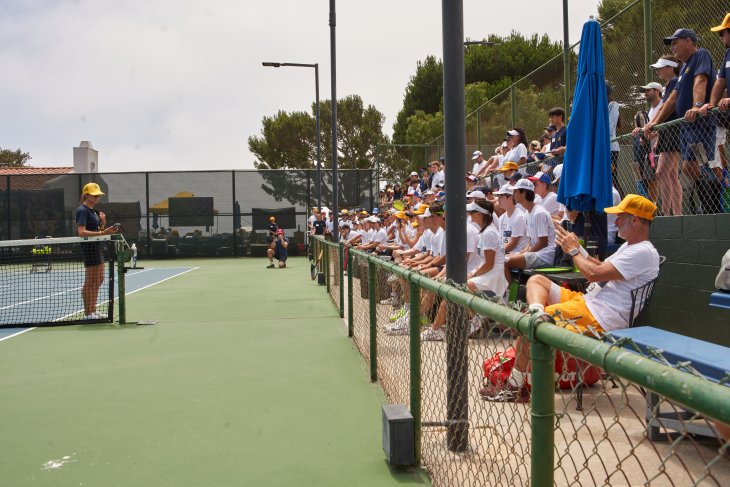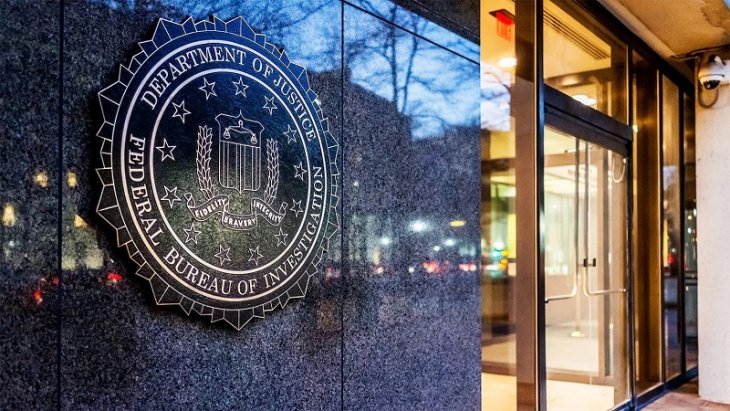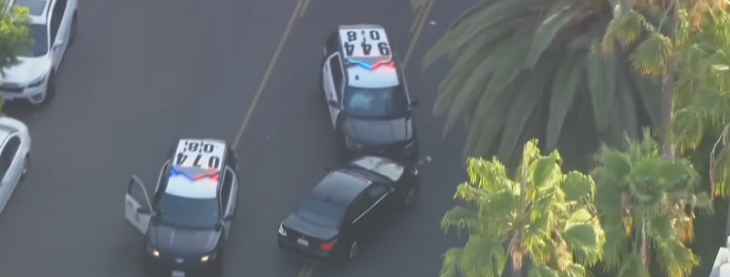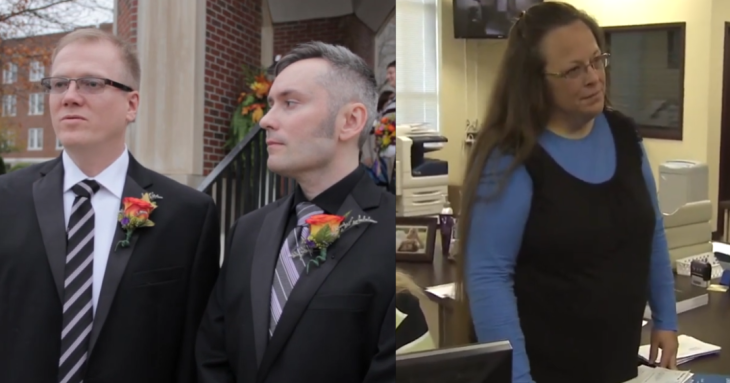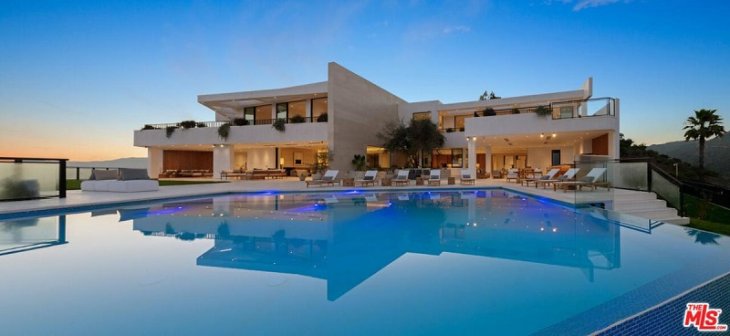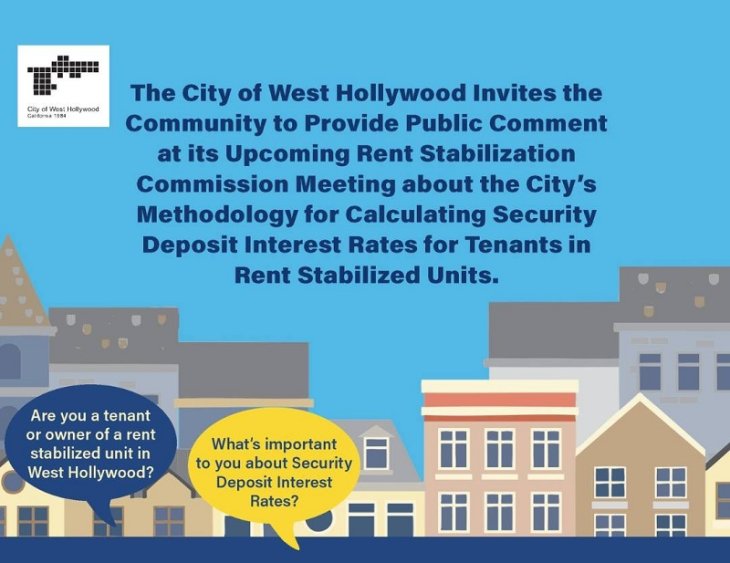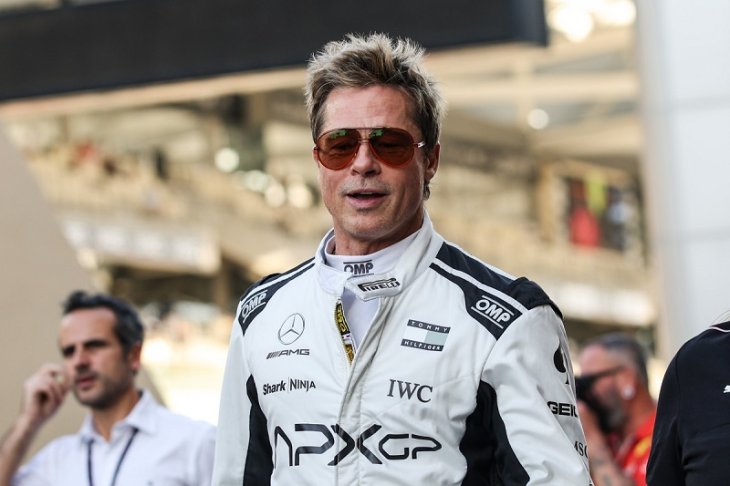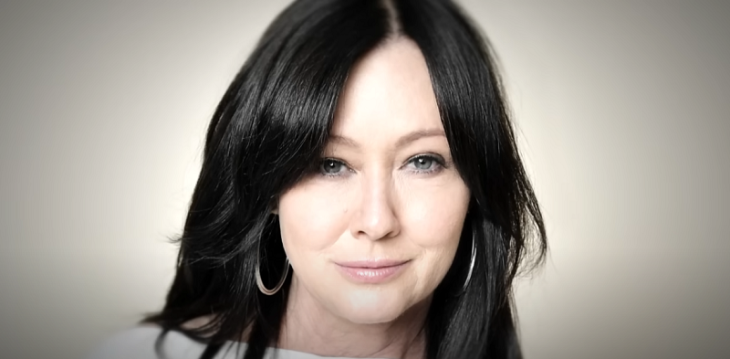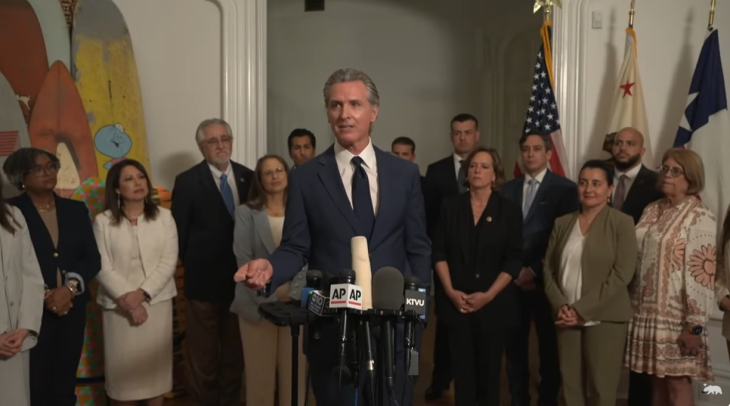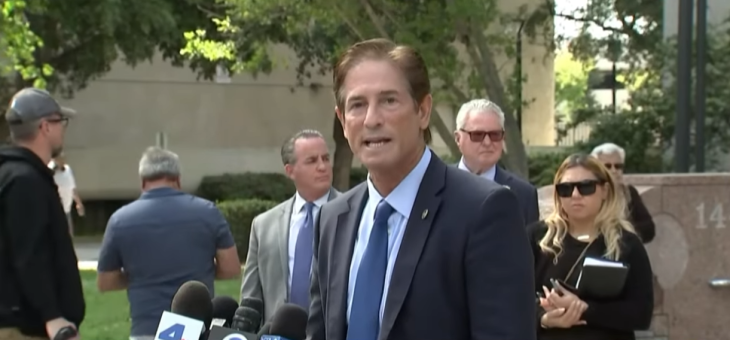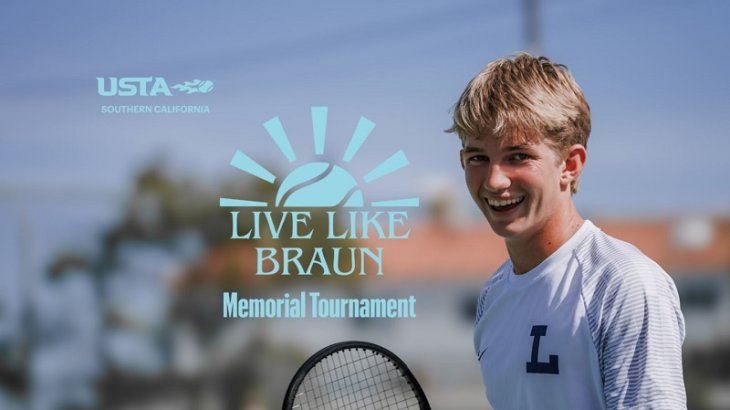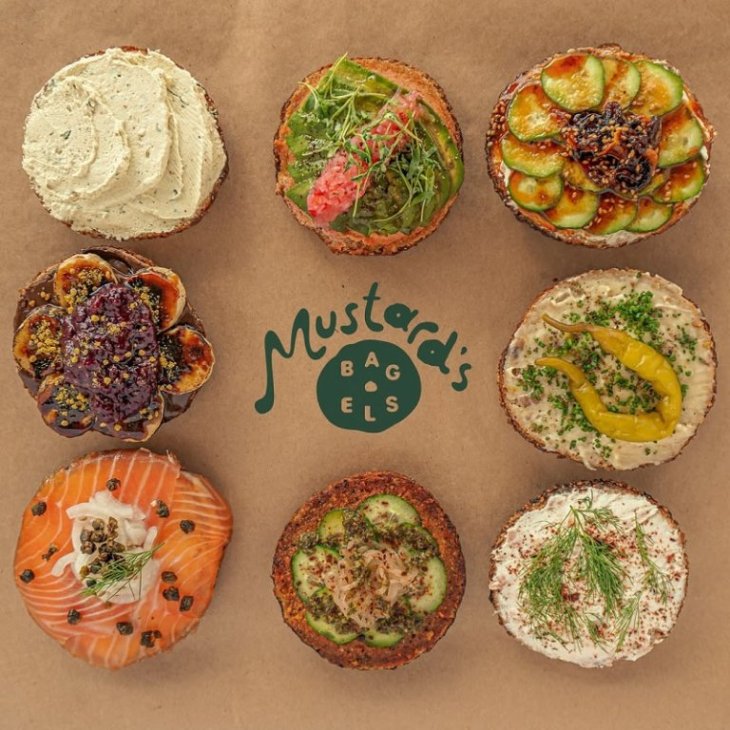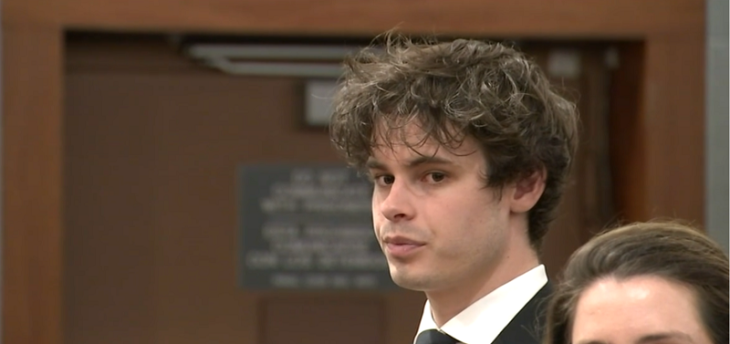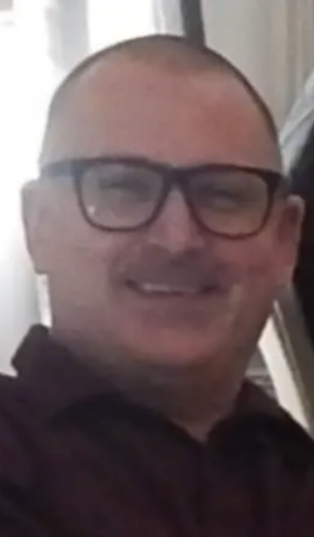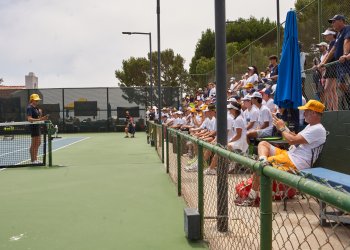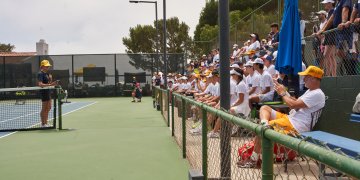
BY TROY MASTERS | In 1970, Morris Kight co-founded Christopher Street West’s L.A. Pride and the parade has remained a galvanizing force in the LGBT rights movement ever since, drawing the rapt attention of several hundred thousand people to the issue of inequality. Kight never wondered who his market was.
But in 2016, Chris Classen, current president of CSW, seems to have made one specific demographic central to the organization’s mission. See Classen memo here.
“Adding the word ‘music’ to the title of L.A. Pride is a subtle welcome to a younger generation who does not inherently understand the historical context of the event,” Classen told the West Hollywood City Council at their May 3 meeting.
His statement was intended to quell questions about the direction of his leadership. Instead, he exacerbated concern as community criticism intensified over the scope of change being implemented on West Hollywood’s largest public event.
Heretofore, L.A. Pride had considered it a proud responsibility to serve as one of the keepers of LGBT and AIDS history, with the parade and festival displays of both progress and challenges facing the community.
In his presentation to the council and the community, Classen explained that this year’s L.A. Pride would be “the most inclusive ever” and gave a general overview of festival’s agenda and some of the changes. Those changes included ticket price increases that he said were driven upward primarily due to the costs associated with security, talent and insuring the event.
A reformulation of L.A. Pride was apparently necessitated in part by the reconstruction of West Hollywood Park where the event takes place. The plans reduced the space available in which to hold the event by one-quarter or more. Organizers have been forced to reexamine festival components and community participation.
An area that has become available is the “West Hollywood Library-Municipal Parking Structure III,” aka “The Plinth” lot. Erotic City took place in the location last year. CSW has an agreement with the Pacific Design Center (where the CSW offices are located) to use the fountain area for the festival making the festival footprint larger than ever before.
Yet they continue maintain there is a space crunch that requires some painful cuts.
CSW’s proposed solution to their “space crunch” is to eliminate small business booth vendors from the festival, to limit the number of non-profit groups that can sponsor outreach booths, reorganize the transgender and dyke march portions of the event and relocate or eliminate other non-music- related programs the festival normally offers. Organizers have also limited the number of media sponsors to one mainstream media, The Los Angeles Times, and one LGBT media, Frontiers Magazine, with no explanation as to what this has to do with the actual limitation of space in the park.
Classen ended his presentation by saying that his operating budget is small, just under $2 million, and that the organization has no paid employees.
“This event takes over a year of planning and we do our best to program a festival that everyone benefits from,” he said. “I would urge everyone to keep compromise in mind: we are a nearly 50 year old event that is still relevant to the current generation of youth. I think that is extraordinary.”
In a rebuttal to critics concerned that the music festival represents a radical shift away from L.A. Pride’s LGBT focus, Classen added, “Evolution is what has actually made that possible.”
CSW’s seeming shift of priorities sent shivers throughout the community, sparking concern about inclusivity, visibility and the intention of organizers. But it was the suggestion that CSW is engaged in an existential examination about the relevance of gay rights to the “millennial” generation that caused the greatest storm.
“We don’t need a Gay Coachella,” said Jayne Fields, one of the commenters.
Many public commenters complained the event was being transformed into a non-LGBT-related music festival and that history and legacy were being jettisoned to appeal to an apolitical millennial demographic. Concerns ranged from fear of transgender exclusion, ticket price increases, isolation of the leather community and Country-Western offerings to anticipated neighborhood headaches about the noise impact of festival hours that have been extended to 1 AM, and suspension of permitted parking privileges.
Shane Nash, a transgender man and former volunteer CSW board member who recently quit the board in protest, spoke after Classen.
“I want to ask you how you could stand here and lie to this entire community?” Nash fumed.
Nash said the CSW board is in turmoil. “There are only about four of us making decisions,” he said, “the rest of us are in the dark.”
Nash did not say what Classen’s specific lie was but indicated the council was being mislead by CSW requests for ticket subsidy funds.
Rachael Rose Luckey, communications VP for Stonewall Democratic Club and a transgender equal rights activist, said the concern about trans exclusion is significant and timely.
“Transgender people are under attack like never before,” she said. “Similar attacks on the gay liberation movement motivated Morris Kight and others to found Christopher Street West in the first place. The reason they did this? Visibility! Being out and proud helped draw gay folks out of the closet and ignite the movement.”
Luckey alleged that by moving a trans event into evening rush hour on Friday, CSW was marginalizing the community since fewer people could attend.
The move, Luckey said, is “contradictory to the original intent of pride; we need more visibility, not less.”
“I suspect Morris would not be very happy with these guys and I am hoping after tonight you won’t be either,” Luckey told the council. She implored councilmembers to help “reinstate the full trans night programming,” or organizers may face a trans protest at the corner of San Vicente and Santa Monica Boulevards.
Manny Rodriguez, a resident of West Hollywood, also claimed that the council is being misled by organizers. “There is a difference between a festival with music and a music festival: it’s booked differently, it’s staged different, it’s run differently and the expectations are different,” he said.
“With gay pride weekend now being branded as a music festival first, our neighborhood should not be expected to continue accommodating an event that has changed so much from it’s original, unique purpose and focus,” he said.
Rodriguez said residents were happy to support the gay pride parade but not the three day festival: “…the rest of the weekend is just an oversized, over-capacity version of what happens on any given weekend west of La Cienega Boulevard. The new three-day long, admission-funded music festival could be held more appropriately anywhere else.”
Jason Orion Green, a 20-year resident of West Hollywood spoke about his experiences with a free gay pride and implored the council to find a way to make the festivities free of charge.
Dan Marin pointed to Classen’s statement that attendance at the festival was “overwhelmingly millennial” and that the best way to reach them was through live music. He challenged Classen’s claim that the festival offered ‘world class talent’ at an affordable price.
Carly Rae Jepsen, Marin noted, L.A. Pride’s 2016 headline act, had her last hit with “Call Me Maybe,” in 2012. “That was four years ago. Do the millennials even remember (music from) four years ago? Does anybody?”
“In your obsession to garner the financial support of millennials, you have certainly ignored our past struggles and the very generations who made numerous sacrifices to have this event at all and to spare the millennials the terrible discrimination which we had to endure,” he told Classen.
“I just want to ask for the respect and acknowledgement [of the gains] that our generation created for those who have come after us,” said Marin as he fought back tears.
Michael King said “the millennial focus of the event excludes those of us who came before — those of us who are of a generation where many of us are no longer here — my age and up, a 20 or 25 year span of gay men who are no longer here. They are being excluded, their memories are being excluded by this music festival.”
“If [the event] is not going to be about gay pride, it shouldn’t be here. It shouldn’t be disrupting our lives,” King said.
Lesbian icon Ivy Bottini, a 17-year resident of West Hollywood, was outraged. “How dare CSW change the festival without consulting the community.”
Bottini also suggested CSW’s board is making “mistakes” with the intention of “trying to sell it later.”
“That letter [from CSW to the community] was probably the most ageist thing I have encountered since I got here in 1975. Ageist!” she exclaimed.
“I’d like to know who is running CSW? Is it a one-man show? A two-man show? The board should be making decisions. Are they doing that? Or has the head of the organization suddenly decided it’s his organization?” Bottini asked.
“Feels like we aren’t really important any more. There were so many trans people who were part of Stonewall and fought to get the LGBT movement started,” said Jayne Fields, a trans AIDS educator. “Barely two hours to congregate and be ourselves! To market this event to millennials is to do a grave disservice to the elders who brought us to this moment.”
“We don’t need a Gay Coachella,” Fields said.
City Councilman and Mayor Pro-tem John Heilman said that while he feels sympathy for the board and appreciates their mindfulness to budgeting, he feels community criticism is valid.
“The goal should always be for this festival and parade to be inclusive of everyone in the community,” he said.
“I heard the concern about the rebranding of the event as a music festival…taking what was a celebration of Pride and converting it a commercial music venture,” Heilman said. “There is a big problem in terms of communication.”
“There needs to be a more expansive community group who guides and advises CSW because right now it sounds like they are making decisions a little bit in isolation,” Heilman added.
Councilmember John Duran emphasized the city’s month-long commitment to LGBT visibility, One City, One Pride.
“During the month of June, both before CSW and after, we are going to have literary readings, art exhibits, the history of drag displayed at the library upstairs, musical performances, the Rainbow Key awards, celebration theater, OutFest is doing screenings in the month of June around LGBT history,” Duran said.
“I don’t think it’s fair to place the responsibility to capture Pride one weekend by a volunteer board of directors. Rather, we should look at all the activities that will be going on around Pride month,” he said.
Duran told The Pride that the “community is finally catching its breath after the losses of so many people during the AIDS epidemic. What we elders have failed to do is teach our young people about our history and our culture. The festival is not the ideal place to teach about history and culture. It is more of a weekend of celebration in the park.”
“The city,” Duran said, “is developing many programs to teach our own LGBT youth and the greater community about our history and culture, such as the proposed AIDS monument, permanently placing the ONE archives on Robertson Boulevard, expanding the space for the June Mazer Lesbian Archives at the Werle Building and the purchase of the Coast Playhouse for LGBT theater space.”
Specifically addressing concerns that the festival was pivoting away from LGBT identity, Duran said the celebration has always been evolving.
“The parade has usually reflected where our LGBT community was at that moment in time. During the 1970’s, the parade was about us ‘coming out’ and marching down Santa Monica Boulevard holding hands and signs about who we were. During the 1980s the parade reflected the anger of ACT Up and Queer Nation as we protested against the Reagan and Bush administrations. During the 1990s it was all about ‘Don’t Ask, Don’t Tell’ and gays in the military. During the early 2000’s the parade was all about marriage equality,’ Duran said. “But in 2016, we won’t see these reflections of the past except as nostalgic memories. The parade of 2016 will reflect where people are today, rather than yesteryear.”
“A number of community concerns were raised at the May 2 City Council meeting about LA Pride in West Hollywood — important issues about communication, inclusiveness, festival pricing, programming, and LA Pride’s impacts on our neighborhoods,” West Hollywood Mayor Lauren Meister told The Pride.
“West Hollywood will do all it can to address these concerns by working with CSW and the community, and by providing a subsidy for some of the festival tickets, helping with logistics, and so on. The City also has a full calendar of events for One City, One Pride, nearly all free of charge — and we hope the community will take advantage of all the City has to offer.
“Clearly, though,” Meister said, “there is a much larger discussion to be had among our community members and partners like LA Pride — not only about the evolution of LA Pride in West Hollywood to date, but how our community sees celebrating Pride in the future. Based on the public comments, I’m sure it will be an interesting and passionate discussion, and I, for one, look forward to being a part of it.”
But the controversy over the CSW Pride parade and festival is not merely one of marketing optics. Exclusion from the festival could mean a life or death connection for those seeking access to social service providers such as the HIV and health and wellness agency, Bienestar.
“West Hollywood Pride organizers eliminated the diversity and inclusiveness, and removed the Welcome mat,” says Bienestar executive director Oscar de la O on Facebook.
“For Bienestar, this year we cannot participate inside the festival by having an outreach booth. For the past 22 years we have paid the registration fees and obtained a booth to inform, connect and provide testing services.
“This year CSW won’t respond to our request for a vendor application,” de la O said. “We have heard that CSW is limiting the participation of nonprofit organizations to 7 and they already selected the ‘main-stream’ agencies that they want. So much for the struggles for inclusiveness, equal treatment and opportunities, if after all these years ‘our own’ community pride festival leaders will not offer it to ALL members of the community.
“They (CSW) are supposed to be the guardian of Pride not the thieves of Pride…it belongs to OUR community,” said a source who wishes to remain anonymous.
Where is the Pride?”
Editor’s note: repeated outreach to CSW went unanswered.


